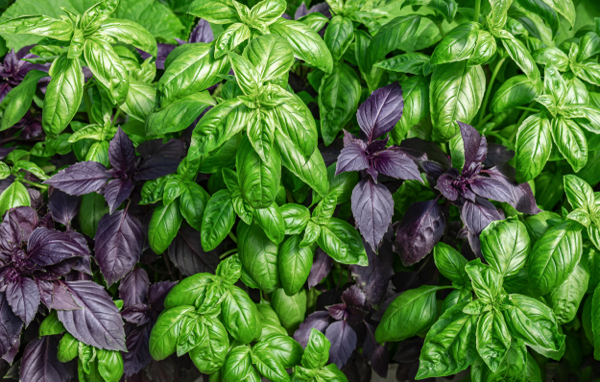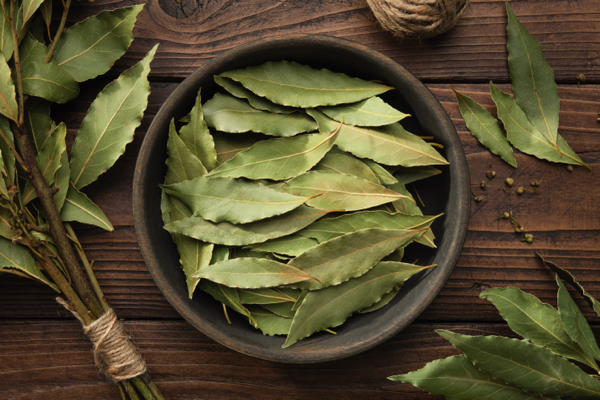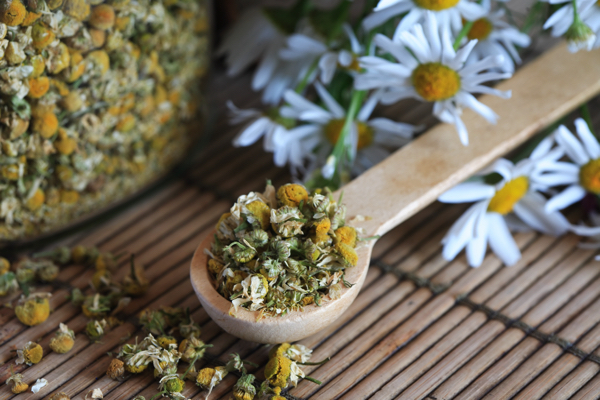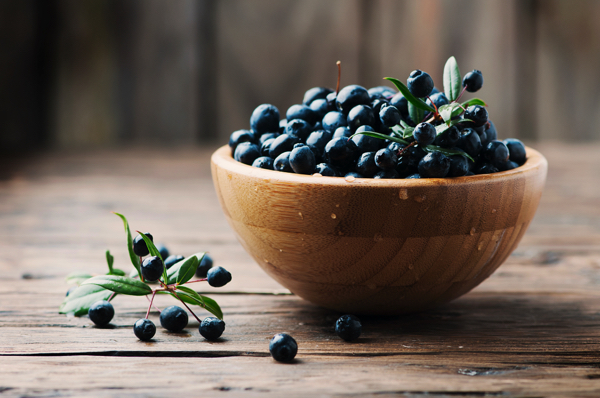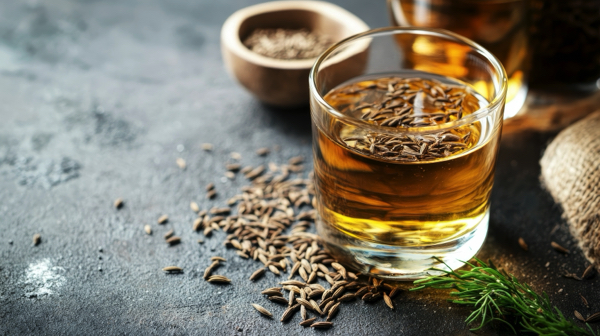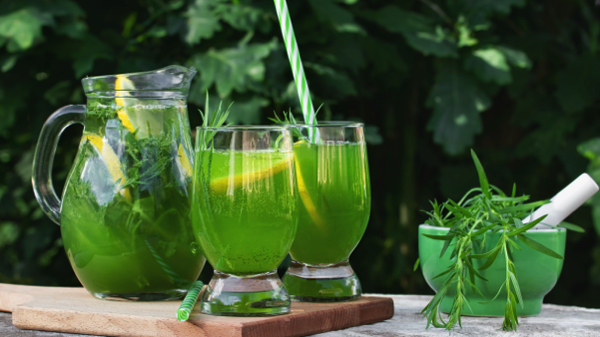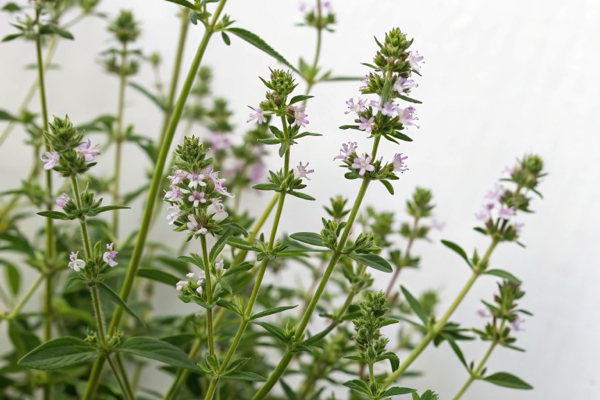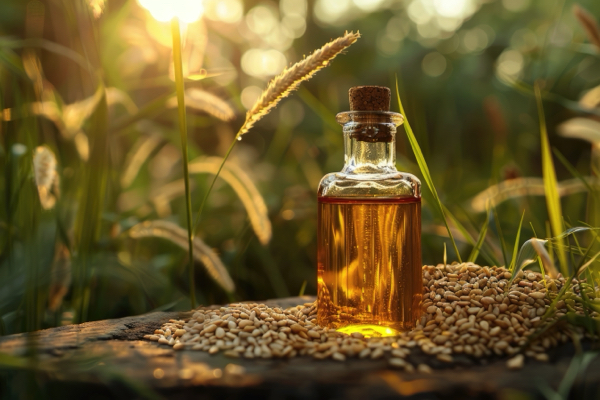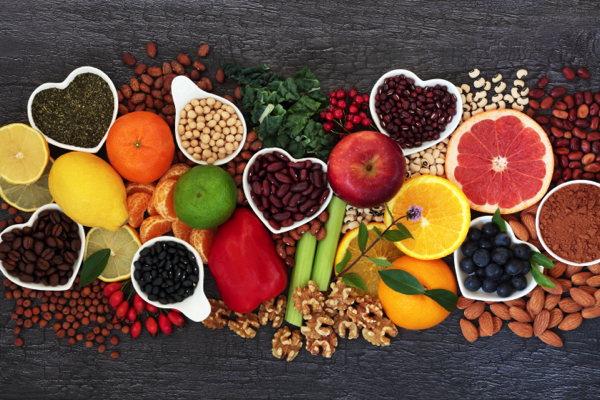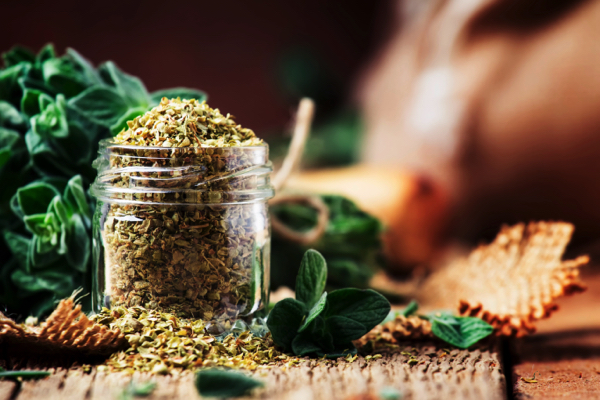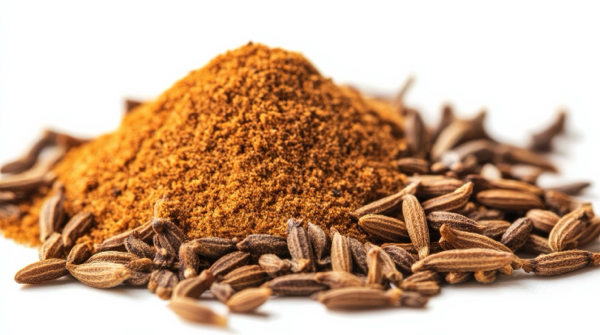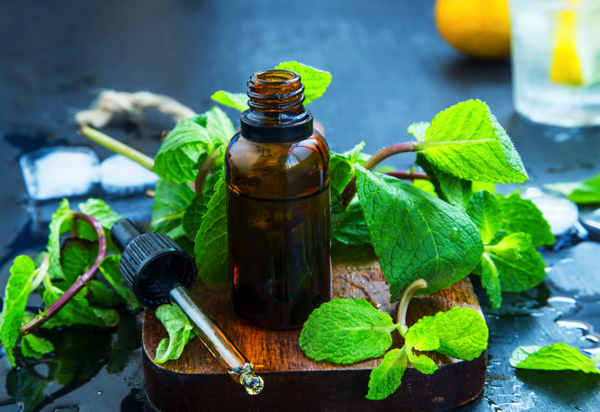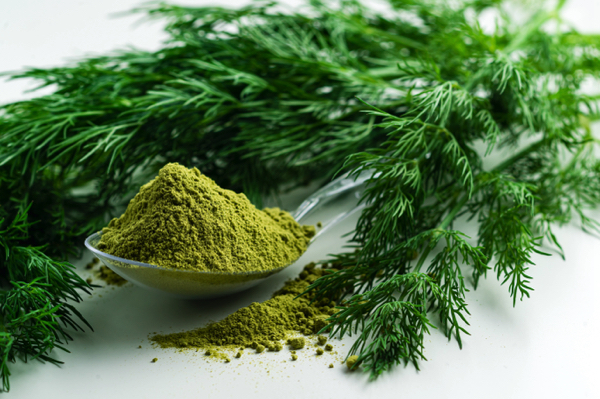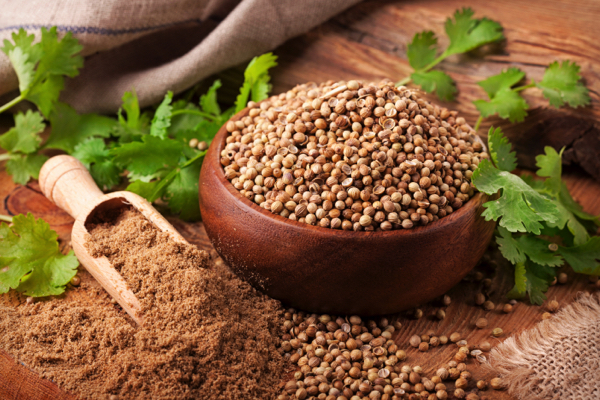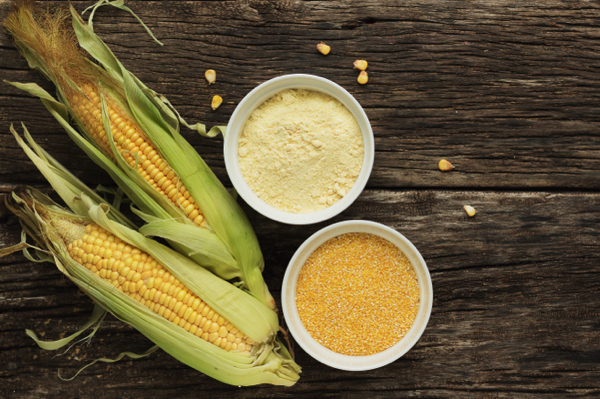Aloe vera: Nature’s green elixir with science-backed health benefits
11/27/2024 / By Olivia Cook
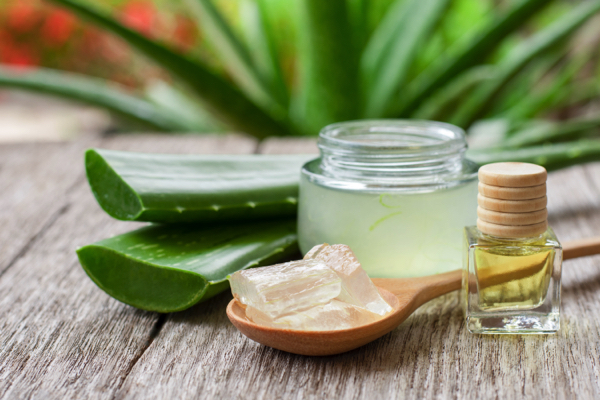
Aloe vera, known as “the plant of immortality” by ancient civilizations, has gained modern scientific validation for its remarkable effects on health.
Despite being made up of 99 percent water, aloe vera’s remaining one percent contains over 75 active compounds that work wonders for your body. Think of it as nature’s green elixir – ready to boost your health in ways you didn’t expect. (Related: Aloe vera: a holistic staple throughout history.)
Anti-inflammatory activity
Aloe vera’s key compounds like acemannan and aloin work on a cellular level to turn down the heat of inflammation. These compounds influence immune pathways, calming overactive responses and reducing swelling. Aloe vera is a natural inflammation fighter, whether it is soothing an inflamed gut or supporting joint health.
Anticancer effects
Bone and skin cancers. Aloe-emodin in aloe vera can make a stubborn osteosarcoma or bone cancer cell “self-destruct” by pushing them toward apoptosis (programmed cell death). This key aloe vera ingredient also slows down melanoma (skin cancer) spread by halting cell growth and encouraging cells to mature properly.
Breast and gynecological cancers. Aloe vera’s anticancer compounds like aloe-emodin have shown promise in targeting breast and cervical cancer cells. They help these cells break down by triggering stress pathways inside them. In some studies, pairing aloe vera extract with regular exercise enhanced its cancer-fighting effects – reducing inflammation markers linked to tumor growth. Another aloe vera compound, aleosin, takes aim at ovarian cancer by interfering with signals that fuel tumor growth.
Gastrointestinal and accessory organ cancers. Aloe-emodin can slow down and even kill cancer cells in the esophagus, mouth and pancreas by disrupting their growth signals. Aloe vera gel has also been found to fight colon cancer progression in mice by blocking inflammatory chemicals and proteins that help cancer spread.
Antidiabetic effect
Research shows aloe vera extracts can support insulin production and protect the pancreas from damage. For people with diabetes or prediabetes, aloe vera has been found to lower fasting blood sugar and even improve long-term markers like HbA1C levels. It’s like giving your body a gentle nudge toward healthier glucose control.
Antimicrobial and prebiotic activity
Aloe vera extracts have been shown to block the growth of superbugs, like methicillin-resistant Staphylococcus aureus (MRSA) and Pseudomonas aeruginosa (a bacteria notorious for infecting wounds). Even in your mouth, aloe vera can step in – targeting cavity-causing bacteria like Streptococcus mutans.
Aloe vera gel has demonstrated its ability to stop the growth of Candida albicans (a common fungal culprit) and reduce the replication of viruses like herpes simplex and the flu-causing H1N1 (a type of influenza A virus).
Aloe vera’s elevated levels of compounds like aloin and aloe-emodin have been shown to disrupt the life cycle of Plasmodium faciparum (the parasite behind malaria).
Aloe vera also excels as a natural gut health booster. Compounds in aloe vera like acemannan and fructans, act as prebiotics – nourishing beneficial gut bacteria like Bifidobacterium, and promoting the production of gut-friendly short-chain fatty acids.
Antioxidant properties
Researchers discovered that aloe vera plants from North India pack a stronger antioxidant punch than their Southern counterparts. The cooler climate helps aloe vera plants produce higher levels of beneficial compounds, like flavonoids and phenolics. These antioxidants act as scavengers – hunting down harmful molecules and stopping them from wreaking havoc on our cells.
Aloe vera’s magic extends to protecting cells from toxic substances, such as hydrogen peroxide and 4-hydroxynonenal, which can cause oxidative stress. Its ethanol extracts have shown the ability to reduce the formation of damaging protein adducts and lower the levels of reactive oxygen species (ROS) – shielding cells from harm.
In clinical trials with more than 50 volunteers, drinking aloe vera gel extract for just two weeks significantly boosted the antioxidant capacity of their blood plasma.
Bone protection
Research has shown that aloe-emodin can stimulate the growth of cartilage-forming cells – a key step in bone development. It does this by activating specific pathways that encourage new bone tissue to form and grow.
For those at risk of conditions like osteoporosis, aloe vera’s aloin has been found to block signals that lead to bone breakdown. It targets processes involved in inflammation and bone resorption, helping slow down bone loss and maintain a healthier bone structure.
Cardioprotective effect
In animal studies, aloe vera has shown that it can protect heart tissue by reducing oxidative stress and inflammation, limiting cell damage. This could mean better outcomes for those recovering from ischemia-reperfusion injury (a condition that occurs when your heart struggles to recover after a lack of oxygen during a heart attack or stroke).
Research in other animal models has revealed that aloe-emodin can lower “bad” low-density lipoprotein (LDL) cholesterol and total cholesterol levels, which are key contributors to heart disease.
Gut protection
Aloe vera syrup has been shown to alleviate symptoms of gastroesophageal reflux disease, such as heartburn and nausea, without major adverse effects. In gastritis models, aloe vera protects the stomach lining – reducing inflammation caused by alcohol.
Additionally, it shows promise in alleviating diarrhea and fecal urgency in patients with radiation-induced proctitis. Aloe vera may also support wound healing in conditions like oral mucositis (a complication from chemotherapy).
Oral health
Aloe vera is effective in combating dental diseases like gingivitis and periodontitis. Clinical trials have demonstrated that aloe vera gel and mouthwash significantly reduce gum bleeding, inflammation and plaque buildup. They perform comparatively to conventional treatments, including chlorhexidine and chlorine dioxide. Studies also reveal aloe vera’s effectiveness in post-operative recovery, such as reducing pain and swelling after tooth extraction or surgeries.
Skin protection
Daily oral consumption of aloe vera sterols has improved skin elasticity and reduced facial wrinkles in clinical trials – highlighting its role as a promising ingredient in antiaging regimens.
Aloe vera accelerates recovery from wounds by promoting angiogenesis (the formation of new blood vessels), collagen production and keratinocyte proliferation. Animal models and human trials confirm improved healing in burns, cesarean incisions and diabetic ulcers; increased tissue granulation; and reduced inflammation.
Aloe vera gel enhances skin elasticity and reduces collagen degeneration by exhibiting protective effects against ultraviolet (UV) damage in animal studies. Aloe sterols, such as cycloartenol and lophenol, stimulate collagen and hyaluronic acid production – improving skin texture and reducing wrinkles.
Read more stories like this at Herbs.news.
Watch this video about supporting optimal heart and immune functions with organic aloe vera.
This video is from the Health Ranger Store channel on Brighteon.com.
More related stories:
Truly a superfood: Aloe vera treats constipation.
Aloe vera helps reverse cancer and AIDS.
Sources include:
Submit a correction >>
Tagged Under:
aloe vera, alternative medicine, anti-inflammatory, antioxidant, functional food, heart health, holistic medicine, immune function, natural cures, natural medicine, naturopathy, plant medicine, skin care
This article may contain statements that reflect the opinion of the author
RECENT NEWS & ARTICLES
Digestion.News is a fact-based public education website published by Digestion News Features, LLC.
All content copyright © 2018 by Digestion News Features, LLC.
Contact Us with Tips or Corrections
All trademarks, registered trademarks and servicemarks mentioned on this site are the property of their respective owners.

